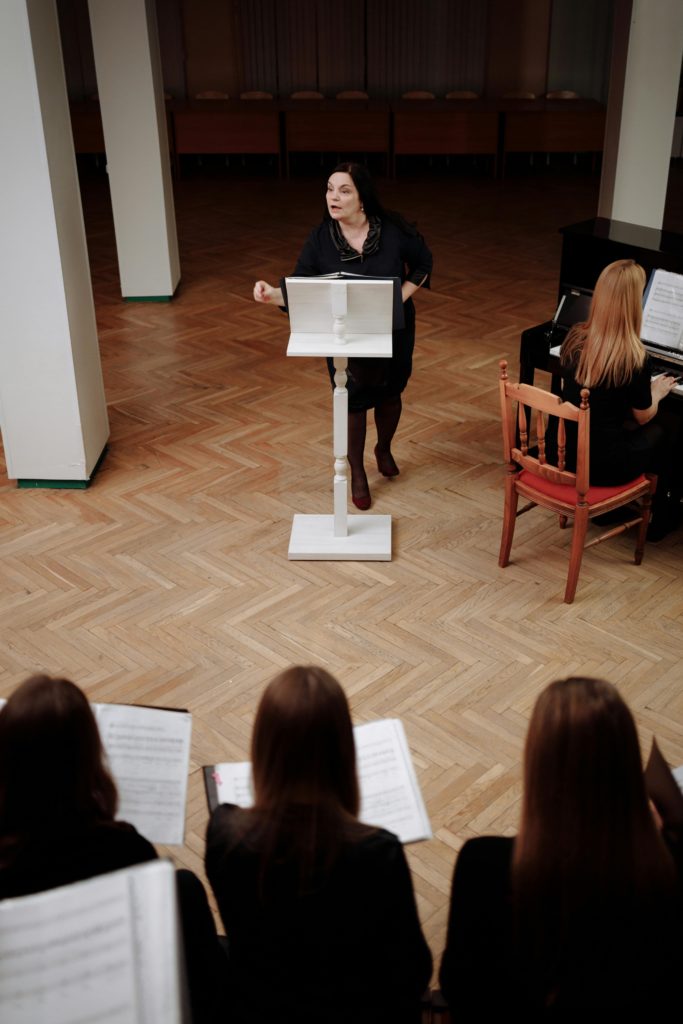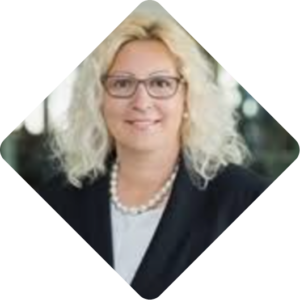In principle, low wages per employer are not accounted for in the AHV. The limit for low wages was increased from CHF 2300 to CHF 2500 as of 1 January 2025.
However, according to Art. 34d AHVV (AHV/OASI Ordinance), the insured may request that contributions are deducted.
But there are industries where contributions cannot be waived in accordance with Art. 34d para. 2 AHVV.
These are wages in private households, with the exception of small compensation (e.g. pocket money for babysitting services) jobs, up to CHF 750 until 31 December of the year in which the person reaches the age of 25. The definition of what constitutes a private household is explained in the guidelines on the payment of contributions to the AHV (Old age and survivor insurance), IV (disability insurance) and EO (compensation for loss of earnings) (WBB) in the margin numbers 2137 to 2141.
Art. 34d AHVV mentions the artistic sector as the second group (free translation)
In any case, contributions must be paid on the relevant salary of persons employed by dance and theatre producers, orchestras, phonographic and audiovisual producers, radio and television, as well as by schools in the artistic field.
Details of these current groups are mentioned in the margin numbers 2142 to 2144 WBB.
In its report ‘The Social Security of Artists in Switzerland’, the Federal Council had concluded that it would be useful to selectively expand the list of employers in Art. 34d para. 2 AHVV because similar professional groups are treated differently. After a consultation process, the Federal Council has decided to include further employers from 1 January 2026.
The new rule is that employers listed in bold text should in any case also calculate AHV contributions below the marginal earnings threshold (wording valid from 1 January 2026 – free translation).
In any case, the contributions must be paid for the applicable salary of persons employed by dance and theatre producers, orchestras, choirs, audio and audiovisual producers, radio and television, electronic and print media, design companies, museums and schools in the artistic field.
The published explanatory report explains why these employers are being added (in German) https://www.newsd.admin.ch/newsd/message/attachments/92552.pdf.
What does this mean in practice?
The affected employers must implement this change from 2026 and adjust their calculations (e.g. for concert performances with musicians in the case of the choir). It can also be assumed that all affected employers have had to maintain payroll accounting up to now, even if individual remunerations were settled without AHV. They had to create a salary statement anyway and pay accident insurance contributions at least for occupational accidents.
With the amendment of the OASI Act on 1 January 2026, the calculation of default interest for self-employed persons with liquidation profits will be improved. Default interest begins to accrue if contributions are not paid within 30 days of the invoice date.
I will be conducting a webinar in English to cover the changes at the turn of the year. The changes for the next turn of the year are planned on 11 December from 3:00 to 4:30 p.m.
News for employers at the turn of 2025/2026 https://www.zulaufgmbh.ch/en/kurse/news-for-employers-at-the-turn-of-2025-2026/

